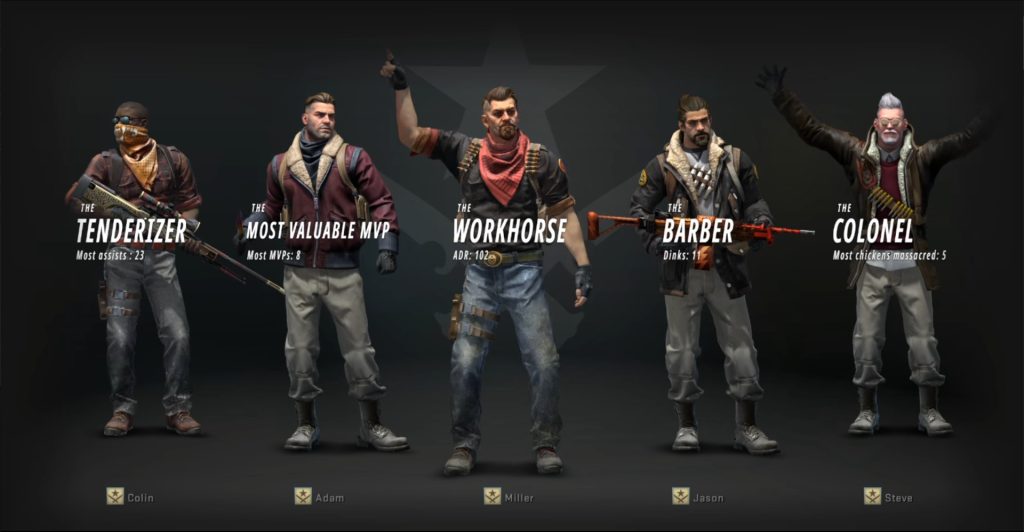In Counter-Strike 2 CS2, cases are a popular feature that add an extra layer of excitement to the game. Players have long been fascinated by the opportunity to open these cases and potentially obtain unique Cases and valuable in-game items. A case in CS2 is a virtual container that can be opened by purchasing a key. The key unlocks the case, revealing a random item, which can range from a basic Case to a rare and highly coveted one. These items can include weapon skins, stickers, gloves, and more, each offering players the chance to personalize their experience and stand out in-game. There is always an element of uncertainty, and this unpredictability is part of what makes opening cases so thrilling. Players never know what they are going to get, and some items are much rarer and more valuable than others. Rare Cases like the Dragon Lore or Howl are highly sought after and can fetch significant amounts of money in the marketplace.

As a result, players may open dozens or even hundreds of cases, hoping for a lucky drop, knowing that each case could be the one that offers them a truly exceptional item. One reason cases have become such an integral part of the CS2 experience is the immense variety of Cases available. A Case can be a way for a player to show off their rare find or to give their favorite weapon a unique look. While the Cases themselves do not affect gameplay, they have a significant impact on how a player feels during matches. A player wielding a legendary skin, for example, may feel more invested in the game, adding to the overall enjoyment of the experience. In addition to the personal enjoyment players derive from cases, there is also a thriving market around them. The CS2 Cases market has grown into a multi-million-dollar industry, where players can buy and sell Cases for real money.
Some rare skins, such as the aforementioned Dragon Lore, can be worth hundreds or even thousands of dollars, turning a simple case opening into a potentially lucrative endeavor. The marketplace has created a unique economic ecosystem within the game, where rare items are treated like collectibles or commodities. This has drawn in not only gamers but also traders and collectors, all seeking to acquire or sell valuable skins. However, the case-opening mechanic is not without controversy. Some critics argue that it resembles a form of gambling, especially given the randomness and the potential for players to spend large amounts of money without receiving valuable items in return. There have been concerns about the impact of this system on younger players, who may be more susceptible to spending money in hopes of striking it rich. As a result, Valve, the developer of CS2, has introduced certain safeguards, such as transparency in drop rates, to address these concerns.

